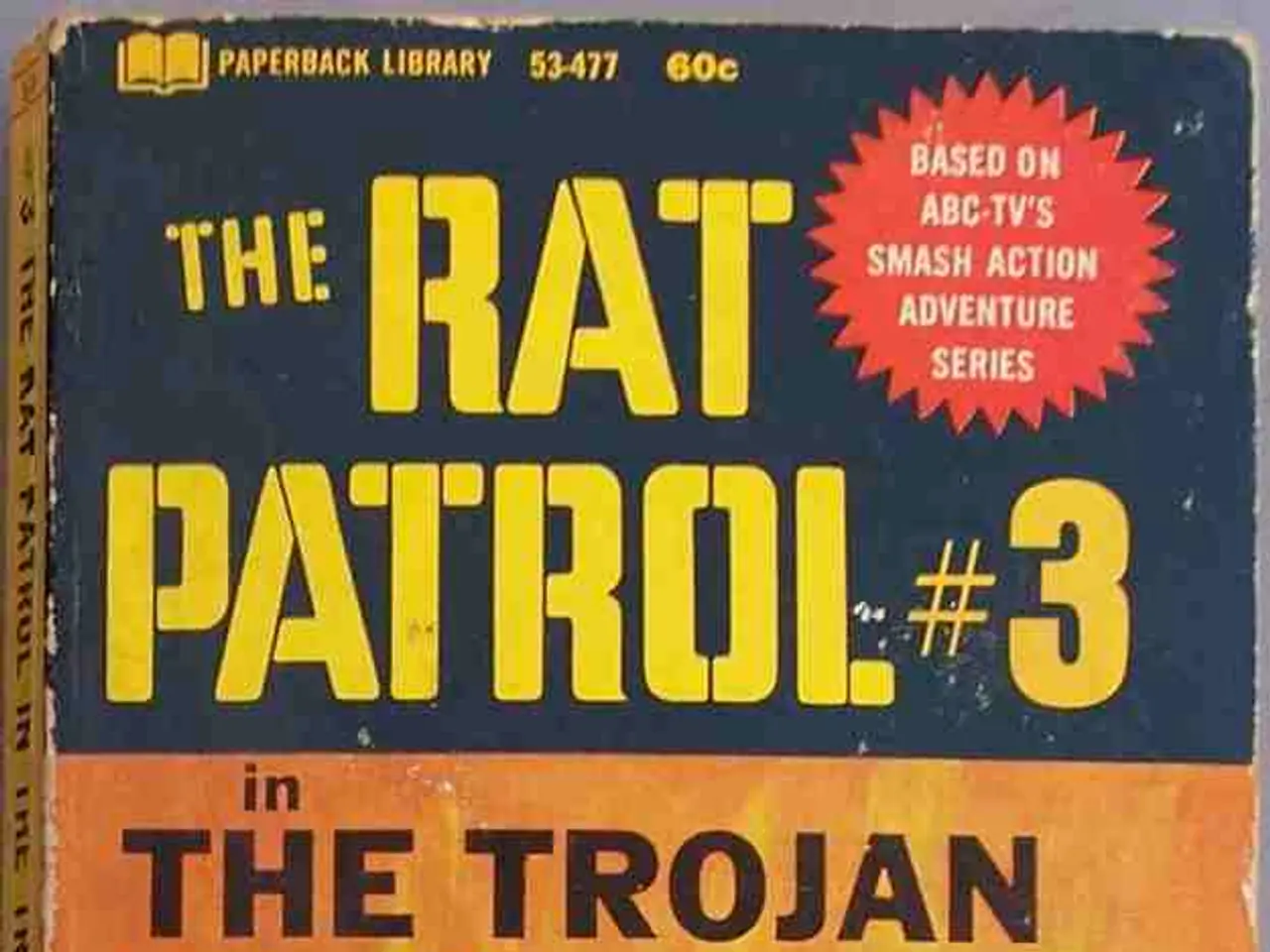International Alliance Formed: Twenty-six Nations Pledge Troops or Military Resources for Post-Conflict Ukraine
Poland has publicly ruled out sending ground troops to Ukraine, but the Eastern European nation is not alone in its support for the embattled country. In a significant show of solidarity, twenty-six countries have expressed their readiness to send troops or provide assistance to Ukraine, should the need arise.
The potential for international involvement has been a topic of discussion, with Ukrainian President Volodymyr Zelenskyy willing to meet with Russian President Vladimir Putin, either bilaterally or with the participation of US President Donald Trump. However, Zelenskyy has expressed his suspicion that Putin's invitation is an attempt to prevent the meeting from happening.
The escalating tensions between Ukraine and Russia have not gone unnoticed by the European Union (EU). The EU has already banned the import of Russian oil from December 2022, but Hungary and Slovakia, who rely heavily on Moscow for their energy, have secured a significant carve-out. Despite this, both countries have complained to the European Commission about Ukrainian attacks on the Druzba oil pipeline, citing concerns over energy security.
The EU is, however, determined to wean itself off Russian fossil fuels entirely. French President Emmanuel Macron stated that international troops would not be deployed in contact areas, but the operational work needs to be formalized at the political and legal levels. Macron and other leaders have agreed on the potential deployment of coordinated punitive measures if Russia continues to refuse peace talks.
The "Coalition of the Willing," which includes Italy, Germany, the United Kingdom, Australia, the Netherlands, Poland, Spain, Turkey, Ukraine, Japan, South Korea, and several former Eastern Bloc and Gulf states, was a notable contributor politically and militarily to the 2003 US-led invasion of Iraq. Contributions ranged from military deployment to logistical and political support.
In the current context, several countries, including Britain, are expected to supply long-range missiles to Ukraine. However, no details on what each country will contribute have been provided as of yet. Some countries will also require parliamentary approval for their contributions.
Ukrainian President Volodymyr Zelenskyy described the number of countries willing to participate in the post-war reassurance force as a "victory." He also expressed his displeasure towards Hungary and Slovakia for continuing to purchase Russian fossil fuels. Zelenskyy is, however, pleased that the US openly criticizes Hungary and Slovakia for helping Russia's war machine.
As the situation continues to unfold, the exact American contribution will be specified in the coming days. It is also implied that Russia and India are being sought for peace talks regarding Ukraine. The international community's unwavering support for Ukraine serves as a testament to its commitment to upholding peace and stability in the region.
Read also:
- Lu Shiow-yen's Challenging Position as Chair of the Chinese Nationalist Party (KMT) Under Scrutiny in Donovan's Analysis
- Central Taiwan Discourse: Disputed Native History Claims by PRC
- Jaipur's Amer Fort experiences a 200-foot section collapse during heavy rainfall, but fortunately, no casualties are reported.
- School mandates for vaccinations in Florida are being terminated, opening a question about whether other states will adopt a similar approach.








